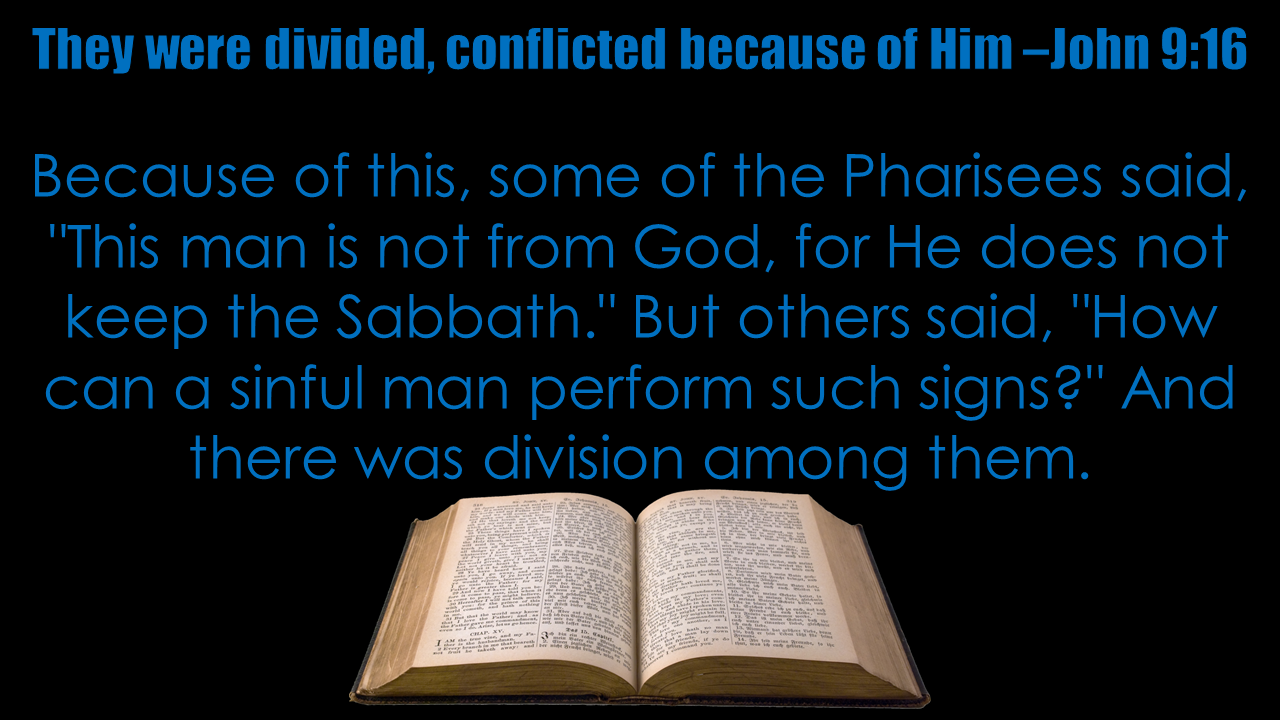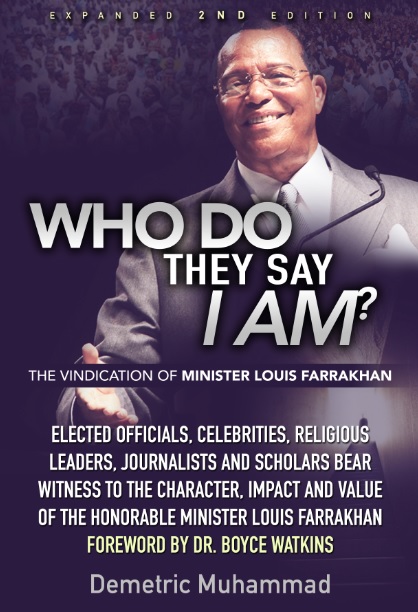Legendary Black Journalist Don Wycliff: Farrakhan Speaks to the Souls of Black Folk
Today we highlight the intriguing commentary of Don Wycliff. Don Wycliff’s professional background presents him as a long time editor for the Chicago Tribune and nationally recognized expert on ethics. Don Wycliff has taught Reporting and Writing, Ethics & Communication, Feature and Opinion Writing, Historical and Critical Issues in Journalism and Journalism in Race. He served as the vice-president for News and Information at the University of Notre Dame. Before that he served as public editor of the Chicago Tribune from 2000-2006, and as editorial page editor from 1991-2000. His distinguished career also included stints at the New York Times, the Chicago Sun-Times, the Dallas Times-Herald, and the Chicago Daily News.
Don Wycliff’s article, Why Farrakhan Appeals: Touching The Souls of Black Folk, published November 17, 1995 is a fascinating example of what many in the world of professional Black men and women experience. Their professional environment along with their aspirations toward upward mobility within the corporate world, often causes them to “toe the line” and join the critics of Minister Farrakhan and deem him to be anti-semitic.
However, they are simultaneously enthralled, uplifted, inspired, motivated and find courage within the person and ministry of Minister Farrakhan. So, in the testimony below, we see our brother wrestle and express his internal state of being conflicted regarding Minister Farrakhan. On the one hand, he feels compelled-no doubt due to continued Jewish community pressure-to offer a disclaimer stating that he feels the Minister is an anti-Semite. Yet, his entire article is one of the most glowing testimonies ever written about the power of the Minister. It is in truth a piece that identifies a divine quality to the ministry of the Hon. Min. Louis Farrakhan.
For it was in the life of Jesus that while the Pharisees, Sadducees and Scribes who led a campaign to marginalize, ostracize and ultimately to crucify Jesus; there was a divide among the people. The people feared their leaders, but privately many believed in Jesus and found it hard to reconcile the good and miraculous work of Jesus with the “anti-Jesus propaganda” that their leaders published about him.
In Don Wycliff’s testimony we see Minister Farrakhan travel the same path. Perhaps this is the root of why Minister Farrakhan is so vehemently opposed; he follows more closely the leadership path and pedagogy of Jesus than any other public figure.
“Not since the death of Martin Luther King, Jr., in 1968, has black leadership spoken in a genuine, effective way to the souls of black folk. Not, that is, until October 16 and the Million Man March. The genius of the event–which is to say the genius of Louis Farrakhan, who conceived it–was to couch its purpose in religious terms: atonement, reconciliation, recommitment to God, women, family, and community. In so doing, he spoke to the souls of black folk in a way that not even Jesse Jackson had managed to in the twenty-seven years since Dr. King’s death. In so doing, he transformed the Million Man March into an occasion for re-fusing a severed cord, for reconnecting with the hopeful, faith-filled religious tradition that King represented and that seemed to fall into decay after his murder. I am convinced that this religious aspect, as much as anything else, accounted for the huge turnout and the undeniable success of the march…
Let me start with the obligatory disclaimers: I am no fan of Farrakhan. His protestations to the contrary notwithstanding, I believe that he is anti-Semitic and that that is abhorrent….it’s hard to tell when Farrakhan speaks whether it is God’s messenger one is hearing or a silver-tongued devil doing an impression of God. I choose to believe that, in the Million Man March, it was the former…one thing is clear about Farrakhan: He loves black people. He loves them so much that he has made himself hated by virtually every other group in this nation to prove his love for blacks. He loves them so much that he will criticize them as no white person and dam few black people could.
Indeed, he boasted about that in his overlong but far more coherent than most critics gave it credit for being) speech at the Million Man March. “I point out the evils of black people like no other leader does,” Farrakhan declared, “but my people don’t call me anti-black, because they know I must love them m order to point out what’s wrong so we can get it right to come back into the favor of God!”
One other thing also is certain: Farrakhan, a Muslim, employs Christian and Judaic religious themes more effectively than almost any other prominent contemporary preacher. He did it to powerful effect in his Million Man March address, and in the process summoned up memories of that old religious tradition of which Dr. King was the greatest exemplar. Many commentators have made the obvious unfavorable comparison between Farrakhan’s speech and that of Dr. King at the 1963 March on Washington. Fair enough. But what seems more noteworthy is how accustomed all of us, black people and white, have become over the last quarter-century to hearing so-called black leaders talk like bureaucrats and policy wonks. No wonder their leadership has been so empty and feckless. Their oratory–like their policy prescriptions–never seems to rise above a ringing endorsement of “a Marshall Plan for the cities” or some other such child. Even so brilliant a thinker and orator as Jesse Jackson has been ensnared by policythink and policytalk.
But what black people have needed and wanted was someone who could make sense of their plight, someone who could explain, in an uplifting and ennobling way, their existential condition. Or to put it more soulfully, someone who could answer Louis Armstrong’s musical question: “What did I do to be so black and blue?” That requires not the prose of the policy wonk, but the poetry of the preacher steeped in Scripture. So listen to Farrakhan: “And if God were to answer us today he would say to black people, `Yes, I allowed this to happen. And I know you suffered, but Martin King, my servant, said it: Undeserved suffering is redemptive’….
“He said, `Black man, I love you.’ He said, `But God, I mean, that’s a heck of a way to show you love me.” He said, `But I love my son. I love Jesus more than I love any of our servants. But I had a cross for him. I had nails for him….but I loved him more than anybody else.'” When did we last hear anyone speak in that way to the souls of black folk?”
Now Availaible
Who Do They Say I Am: The Vindication of Minister Louis Farrakhan


